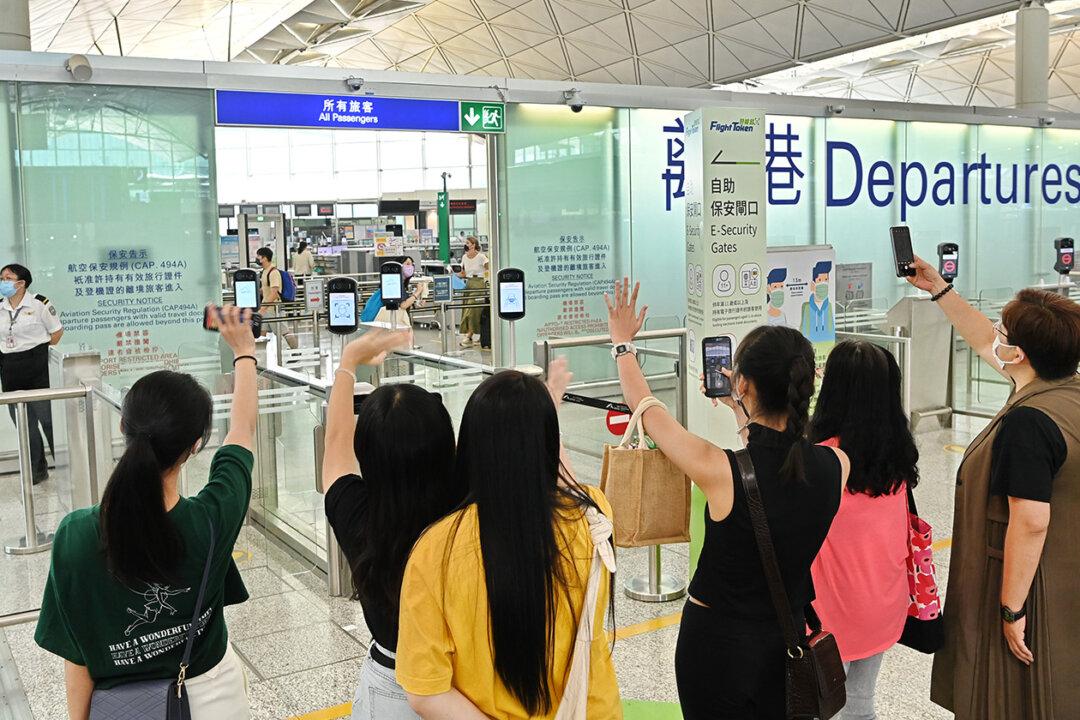In January 2023, Time Higher Education (UK) announced the ranking of the most international universities in the world in 2023. Hong Kong universities rank high in “internationalization” by counting mainland faculty and students as international faculty and students. Zheng Yanxiong, the Director of the Hong Kong Liaison Office, invited senior council members of 11 Hong Kong tertiary education institutions to a spring dinner on Feb. 15, and said he hoped that they would continue to be internationalized.
In the Times Higher Education’s 2023 ranking of the most international universities in the world, the University of Hong Kong (HKU) is ranked first in the world, the City University of Hong Kong (CityU) is ranked fourth, the Hong Kong University of Science and Technology (HKUST) is ranked fifth, and the Hong Kong Polytechnic University (PolyU) is ranked sixth. The Internationalization scale has four components: 25 percent of the total score for the proportion of a university’s international reputation, 25 percent of the score for the proportion of international staff, 25 percent of the score for the proportion of international students, and 25 percent of the score for the proportion of co-authorship.




